The Myths Portal
Myth is a genre of folklore or theology consisting primarily of narratives that play a fundamental role in a society, such as foundational tales or origin myths. For folklorists, historians, philosophers or theologians this is very different from the use of "myth" which simply meaning something that is not true. Instead, the truth value of a myth is not a defining criterion.
Myths are often endorsed by secular and religious authorities and are closely linked to religion or spirituality. Many societies group their myths, legends, and history together, considering myths and legends to be true accounts of their remote past. In particular, creation myths take place in a primordial age when the world had not achieved its later form. Other myths explain how a society's customs, institutions, and taboos were established and sanctified. There is a complex relationship between recital of myths and the enactment of rituals. (Full article...)
Selected article -

In Hindu mythology, there are deities or heroes whose attributes or behavior can be interpreted as lesbian, gay, bisexual, or transgender (LGBT) or have elements of gender variance and non-heterosexual sexuality. Traditional Hindu literary sources do not speak of homosexuality directly, but changes of sex, homoerotic encounters, and intersex or third gender characters are often found both in traditional religious narratives such as the Vedas, Mahabharata, Ramayana and Puranas as well as in regional folklore.
Hindu mythology has many examples of deities changing gender, manifesting as different genders at different times, or combining to form androgynous or hermaphroditic beings. Gods change sex or manifest as an avatar of the opposite sex in order to facilitate sexual congress. Non-divine beings also undergo sex-changes through the actions of the gods, as the result of curses or blessings, or as the natural outcome of reincarnation. (Full article...)Did you know? -
- ...that the tiyanak is an infant-like creature from Philippine mythology that is said to attack tourists with its fangs and claws?
- ... that in Chinese mythology, Wu Gang had to chop down a tree on the moon that always healed itself, forcing him to keep trying forever?
- ... that the origin of the Postclassic K'iche' Maya patron deity Jacawitz has been traced back to a historical event at the city of Seibal?
- ...that in Ovid's Metamorphoses, the love between Acis and Galatea ended when a jealous suitor named Polyphemus killed Acis with a boulder?
Recognised content
Featured Articles:
![]() Ahalya,
Ahalya, ![]() Ancient Egyptian literature,
Ancient Egyptian literature, ![]() King Arthur,
King Arthur, ![]() Ganesha,
Ganesha, ![]() Iravan,
Iravan, ![]() Orion (mythology),
Orion (mythology), ![]() Vampire,
Vampire, ![]() Vithoba
Vithoba
Featured Lists:
![]() List of valkyrie names in Norse mythology
List of valkyrie names in Norse mythology
Good Articles:
![]() 2012 phenomenon,
2012 phenomenon,
![]() Æsir–Vanir War,
Æsir–Vanir War,
![]() Ala (demon),
Ala (demon),
![]() Anu,
Anu,
![]() Aphrodite,
Aphrodite,
![]() Athena,
Athena,
![]() Ardhanarishvara,
Ardhanarishvara,
![]() Battle of Barry,
Battle of Barry,
![]() Bhikshatana,
Bhikshatana,
![]() Catalogue of Women,
Catalogue of Women,
![]() Chamunda,
Chamunda,
![]() Chhinnamasta,
Chhinnamasta,
![]() Consorts of Ganesha,
Consorts of Ganesha,
![]() Cú Chulainn,
Cú Chulainn,
![]() Dhumavati,
Dhumavati,
![]() Dumuzid,
Dumuzid,
![]() Einherjar,
Einherjar,
![]() Eir,
Eir,
![]() Enlil,
Enlil,
![]() Fairy Flag,
Fairy Flag,
![]() Fenrir,
Fenrir,
![]() Gerðr,
Gerðr,
![]() Hel (being),
Hel (being),
![]() Huginn and Muninn,
Huginn and Muninn,
![]() Iðunn,
Iðunn,
![]() Ila (Hinduism),
Ila (Hinduism),
![]() Inanna,
Inanna,
![]() Kabandha,
Kabandha,
![]() Kali,
Kali,
![]() Kamadhenu,
Kamadhenu,
![]() Kangiten,
Kangiten,
![]() Keshi (demon),
Keshi (demon),
![]() Khandoba,
Khandoba,
![]() Kratos (mythology)
Kratos (mythology)
![]() Krishna,
Krishna,
![]() Kubera,
Kubera,
![]() LGBT themes in Hindu mythology,
LGBT themes in Hindu mythology,
![]() Manasa,
Manasa,
![]() Mandodari,
Mandodari,
![]() Matangi,
Matangi,
![]() Matrikas,
Matrikas,
![]() Maya Sita,
Maya Sita,
![]() Mohini,
Mohini,
![]() Myrrha,
Myrrha,
![]() Mythology of Carnivàle,
Mythology of Carnivàle,
![]() Naraka (Hinduism),
Naraka (Hinduism),
![]() Ninurta,
Ninurta,
![]() Prester John,
Prester John,
![]() Prithu,
Prithu,
![]() Putana,
Putana,
![]() Rati,
Rati,
![]() Ratatoskr,
Ratatoskr,
![]() Revanta,
Revanta,
![]() Satyavati,
Satyavati,
![]() Satyr,
Satyr,
![]() Sharabha,
Sharabha,
![]() Shashthi,
Shashthi,
![]() Shiva,
Shiva,
![]() Sif,
Sif,
![]() Tara (Ramayana),
Tara (Ramayana),
![]() Troilus,
Troilus,
![]() Tuisto,
Tuisto,
![]() Valhalla,
Valhalla,
![]() Valkyrie,
Valkyrie,
![]() Vampire folklore by region,
Vampire folklore by region,
![]() Varaha,
Varaha,
![]() Varahi,
Varahi,
![]() Veðrfölnir and eagle
Veðrfölnir and eagle
![]() Zduhać
Zduhać
Wikiversity
Selected creature -
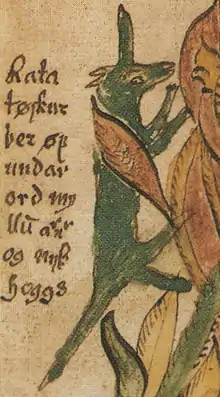
General images
Subcategories
WikiProjects
- Wikiproject of Mythology
- Wikiproject of Hindu mythology
- Japanese mythology taskforce
Things you can do
- Help with the myth and folklore missing articles project.
- Help create requested articles.
- Help assessment at Wikipedia:WikiProject Mythology/Assessment.
- Place the project banner {{WikiProject Mythology}} on the talk pages of all relevant articles.
- Check the recent changes for recent improvements, vandalism, and other changes.
- Answer requests for mythology articles needing attention: Category:Mythology articles needing attention
- Answer requests for mythology articles needing expert attention: Category:Mythology articles needing expert attention
- Expand articles tagged as mythology stubs: Category:Mythology stubs
- Assist mythology subprojects.
- Add requested photographs of mythology subjects: Category:Wikipedia requested photographs of mythology subjects
Associated Wikimedia
The following Wikimedia Foundation sister projects provide more on this subject:
-
 Commons
Commons
Free media repository -
 Wikibooks
Wikibooks
Free textbooks and manuals -
 Wikidata
Wikidata
Free knowledge base -
 Wikinews
Wikinews
Free-content news -
 Wikiquote
Wikiquote
Collection of quotations -
 Wikisource
Wikisource
Free-content library -
 Wikiversity
Wikiversity
Free learning tools -
 Wiktionary
Wiktionary
Dictionary and thesaurus
-
 List of all portals
List of all portals -

-

-

-

-

-

-

-

-

-
 Random portal
Random portal -
 WikiProject Portals
WikiProject Portals
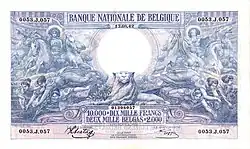
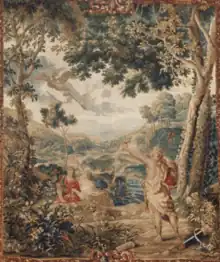

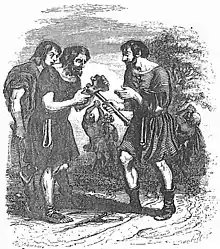
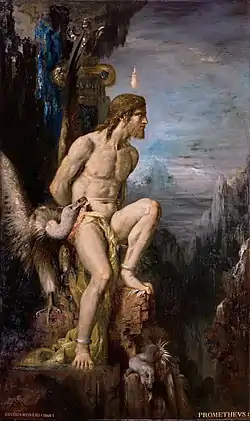
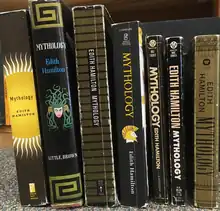
.jpg.webp)
.jpg.webp)
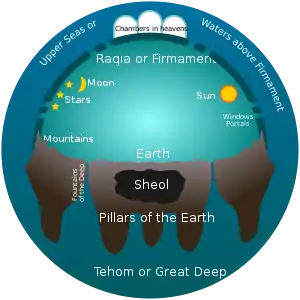
-late.14c.jpg.webp)
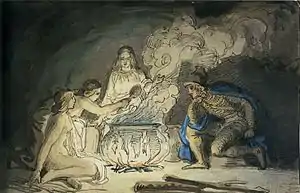

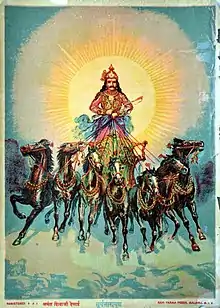
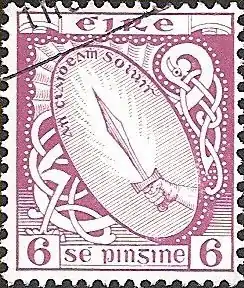

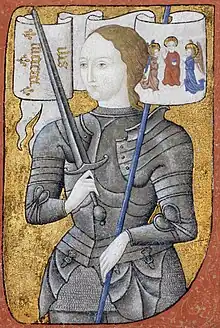
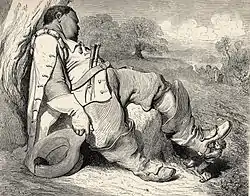


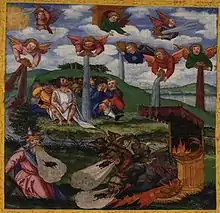
_(15949358169).jpg.webp)
.jpg.webp)
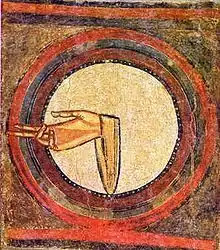

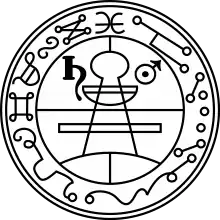
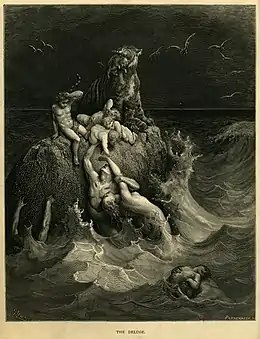
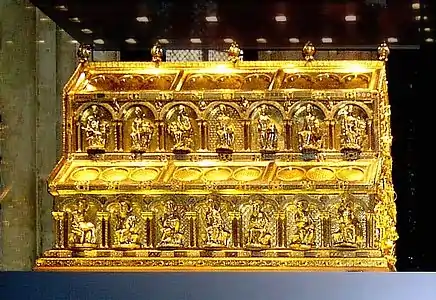





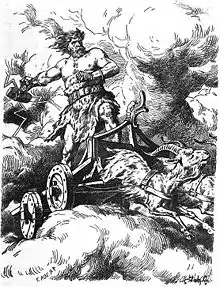
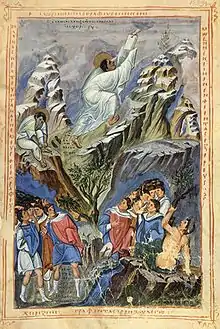
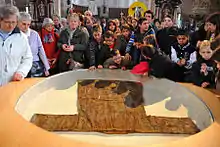
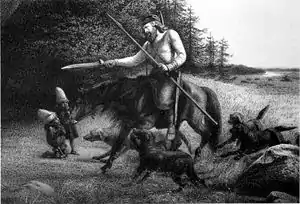
.jpg.webp)

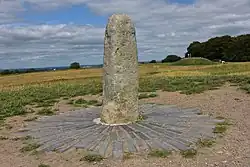
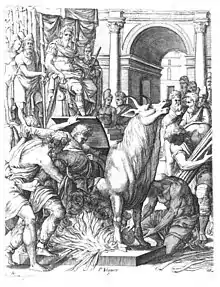
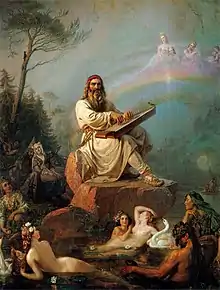
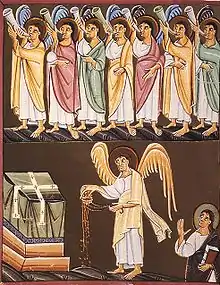
_to_Devas._When_Rahu_(snake_dragon)_tried_to_steal_the_Amrita%252C_his_head_was_cut_off.jpg.webp)

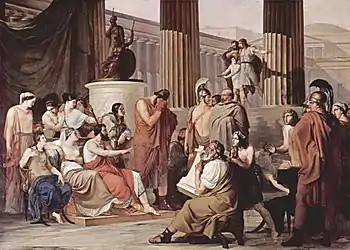
.jpg.webp)
_(14801987593).jpg.webp)
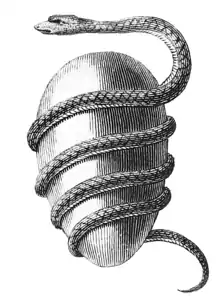
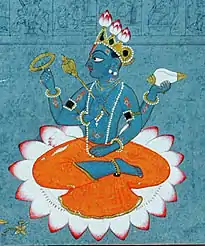
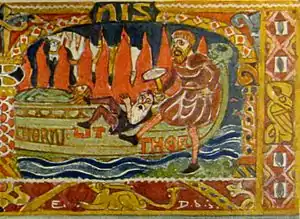


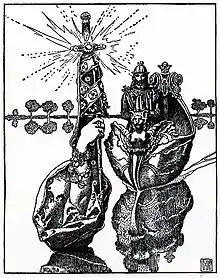








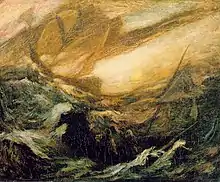

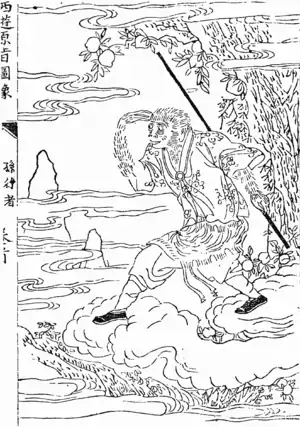
_-_Adam_and_Eve-Paradise_-_Kunsthistorisches_Museum_-_Detail_Tree_of_Knowledge.jpg.webp)
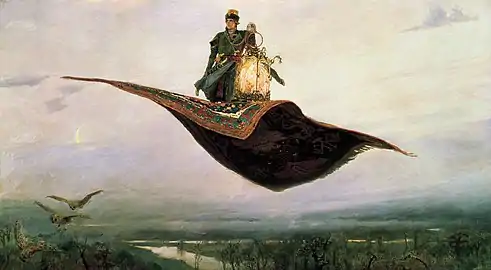
_Geraint.jpg.webp)


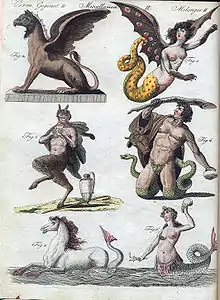
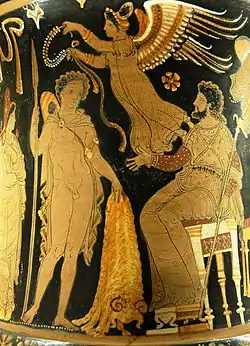

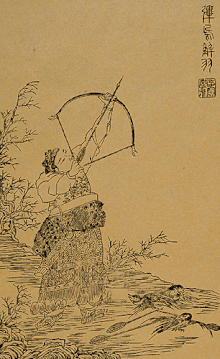
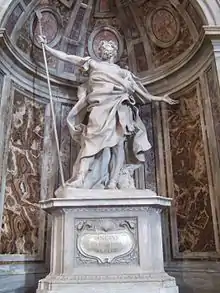
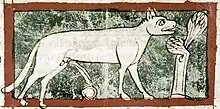




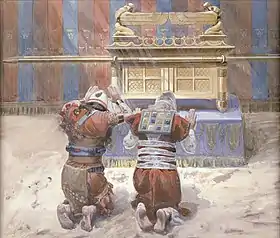


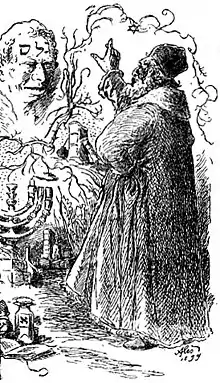

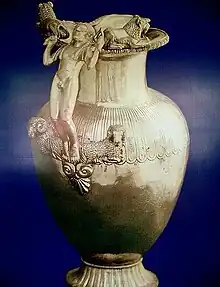
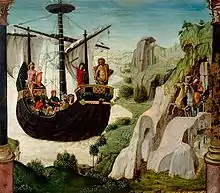
.jpg.webp)